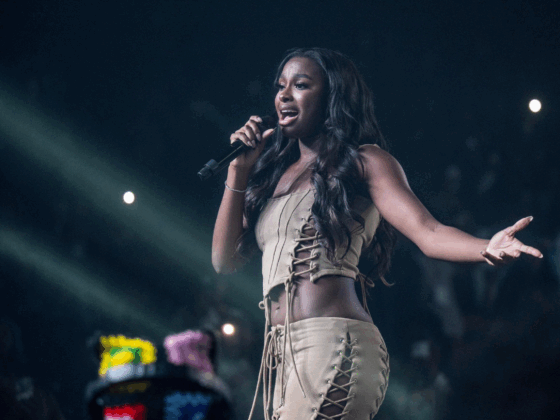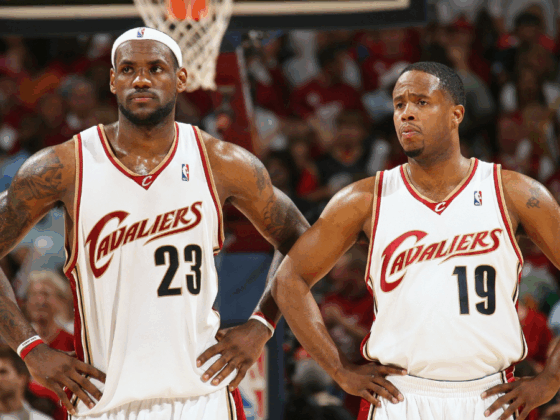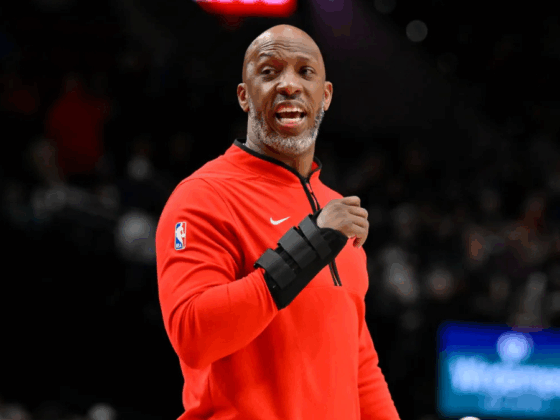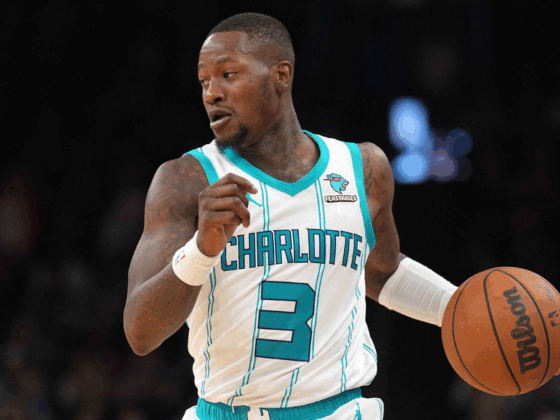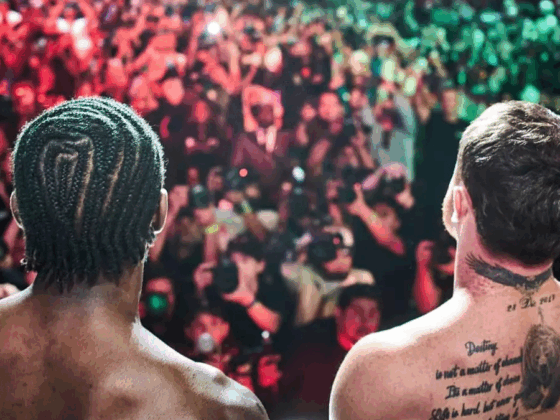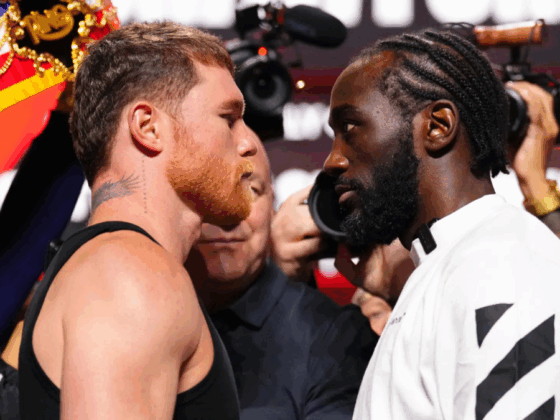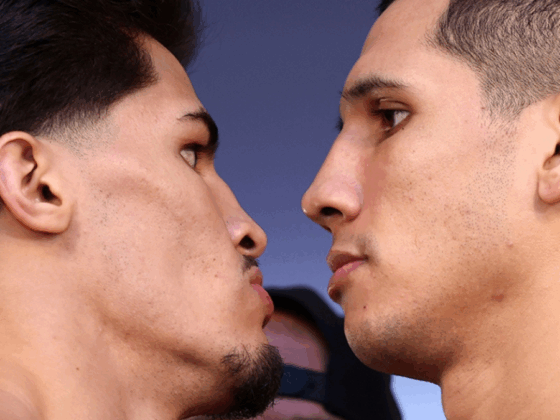
Keep politics out of our sports.
Race-baiters.
Shut up and dribble.
These are just a few of the sentiments that are spewed from sports fans to the athletes for whom they claim to have undying loyalty. Fan loyalty to athletes can be as fleeting as the success that sports teams experience. True loyalty exists when fans listen to what athletes have to say about topics that go beyond sports. True loyalty exists when fans exhibit compassion and understanding to the plight of the Black athlete. That kind of loyalty from fans is rare, and when someone dares to display that loyalty, the backlash is swift.
Athletes and those who are involved in sports continue to forge ahead and try to carve out a lane through which they can effect change. The NBA, widely lauded as one of the more progressive sports leagues in the country, may have done the best job in that regard.
The league is not without its stains, but under commissioner Adam Silver, there is a sense of accountability that isn’t often seen in sports. The NBA knows its position and stature globally, and by extension, allows its players and teams to have a stake in that power.
Take the Atlanta Hawks, for instance. A team in a city with a history rooted in the civil rights movement, Atlanta is one of the more progressive cities in the United States. As such, the Hawks organization understands the range of influence that sports have. and with that knowledge, have done their best to utilize their voice in the community.
This year, the Hawks hosted their third annual Model of Shaping Atlanta through Inclusive Conversations symposium. This symposium, which the Hawks began in 2016, changes the focus of the conversation each year. That year, the focus was gender and race in sports. In 2017, the speakers focused on athletes in roles as social or political activists. Utah Jazz swingman Thabo Sefolosha was a principal guest speaker that year.
The third installment of the MOSAIC symposium took on the task of having disruptive conversations. The Hawks believe that these “disruptive” conversations are paramount when looking at bringing about change concerning diversity and inclusion.
Nzinga Shaw, the Hawks’ chief diversity and inclusion officer, is head of the Hawks’ diversity council (the only such council in the NBA). She is responsible for curating the MOSAIC symposium, which brings together a who’s who of local Atlanta leaders and business owners to discuss issues related to race and gender. Shaw is also credited with pioneering the Hawks’ Unity Game. The Unity Game celebrates the different cultures and backgrounds of fans, players and team employees. This year, the game was played against the Charlotte Hornets.
Shaw describes disruption as “unexpected, unsettling and often uncomfortable innovation.”
“This is how many successful companies are not only meeting customers’ current needs, but anticipating their unstated or future needs,” Shaw says. “Similarly, there are unique individuals that utilize their platform and voice to displace the established system.”
The current political climate has provided a path for athletes and even sports commentators to break away from the comforts of sitting back and “doing their job.” Something is frightening about being complicit and not employing the use of the megaphone that comes with a huge platform to attempt to challenge the status quo. For this year’s MOSAIC symposium, the Hawks invited a keynote speaker who has been demonstrably unafraid to challenge norms – ESPN’s Jemele Hill.
Hill made headlines for her courage to step outside of typical and comfortable sports commentary and addressed what she felt was, and frankly is the truth. ESPN suspended Hill for comments she made on Twitter addressing Dallas Cowboys owner Jerry Jones’ position on Cowboys players kneeling during the national anthem. Hill’s speech focused on challenging those in power to affect positive change.
Sports has a unique quality that allows it to intersect the many facets of everyday life. Religion, politics, gender and race all sit under the umbrella of sports, but often go unnoticed or largely ignored by fans. It’s becoming increasingly difficult to hide behind the guise of sports and ignore the ugly truths of our nation.
Shaw is keenly aware of the influence sports holds in our society and hopes that, one day, a light will shine on the issues that transcend sports.
“I think sports is a catalyst for social action,” Shaw told Def Pen Hoops. “I think because people come together from all walks of life to enjoy sports organizations and enjoy games, we have a unique platform to bring different voices together in the same room. Bring different perspectives together in the same room, and ultimately shape and shift what the next iteration of our generation and culture looks like.”
Those who cover sports are just as affected by the intersection of sports and society, as Hill noted in her keynote speech.
“When you’re in sports, and your job is to tell fans: ‘this is what’s happening to team X, and this quarterback is doing this or that,’ there were some days where it was very hard to come into work because you’re seeing this country change literally before your eyes and you’re supposed to talk about Blake Bortles.”
NBA players are no strangers to standing on the right side of history when it comes to racial issues, going back to the days of Kareem Abdul-Jabbar and, even more recently, Mahmoud Abdul-Rauf. Abdul-Rauf, who was suspended and eventually shunned from the league for protesting the national anthem, was a guest speaker at the Hawks’ second annual MOSAIC symposium in 2017.

There are examples of NBA players, throughout history, who have put the fear of rejection or backlash aside and chosen to stand atop their platform and make sure the message of justice was voiced and heard.
The role of social activist hasn’t been the norm for all stars in the league. Some, if not most, have decided to stick to basketball and not ruffle any feathers. Michael Jordan, revered as the greatest ever to grace a basketball court, was notorious for shying away from political issues.
“Athletes tend to take on the tone and follow the example for whoever is the most lauded athlete at the time,” Hill said while speaking. “When I was cutting my teeth as a sports journalist, that athlete was Michael Jordan… he showed athletes the perfect model in terms of how to make money as a full businessman. For a lot of years, athletes chose to stay apolitical; they chose to focus on being likable and marketable because that’s how they felt they could make the most money.”
This era’s leading player is LeBron James, the most recognizable superstar athlete in the world. James is not afraid to speak up for his fellow man. As James’ stature in the league has grown, so has his confidence and zeal for championing equality and justice. The four-time league MVP and three-time NBA champion’s greatest feat may be his evolution into a beacon for activism in the league.
In her speech, Hill cited James as an example of the player who has helped players “take ownership of their situations.”
The Golden State Warriors, known for being an unstoppable force on the basketball court, are becoming even more unstoppable in their willingness to voice their opinions on pertinent issues. Draymond Green, Kevin Durant, Stephen Curry and head coach Steve Kerr do not feel the need to shy away from issues they think are unjust or unfair. What’s more, they seem to have the backing of the front office and general manager Bob Myers to be who they are and not restrain themselves to fit the status quo.

The battles between the Warriors and James on the court are real, but these athletes are brothers in arms when comes to issues that are bigger than basketball.
Is it enough for a few players, a few voices, to lead an entire movement with no substantial backing from leadership in the league? This query is one the Hawks, the NBA and Shaw are trying to answer every day. The MOSAIC symposium is only a small step in the direction of having a dialogue of inclusion.
“Being the first diversity and inclusion officer in the NBA has been an exceptionally rewarding experience, but I think that this role is critically important to take place at every team,” Shaw told Def Pen Hoops. “I sit on the Global Inclusion Council at the NBA, and we constantly have conversations about how all of our teams can get involved in this work.”
The GIC is made up of league officials such as the New York Knicks’ Steve Mills; Fred Whitfield of the Charlotte Hornets; NBA Deputy Commissioner Mark Tatum; and Oris Stuart, the NBA’s senior vice president and chief diversity and inclusion officer. Their goals, as stated on the official NBA website, are to: “Provide strategic guidance, establish benchmarks, review policies, drive an inclusive and innovative culture, and serve as a catalyst for diversity and inclusion efforts worldwide.”
Shaw told Def Pen Hoops that there are teams in the NBA, namely the Cleveland Cavaliers and Philadelphia 76ers, who are “actively searching” for individuals to fill the same role Shaw does for their front offices,
Imagine an NBA where all 30 teams have the officials in place to start the conversations that can lead to more women in important positions. More African Americans in positions that have significant impacts both on and off the court. More representatives from the LBGTQ community who will lead the way in changing the way these individuals are accepted throughout the league. That type of empowerment holds the potential to trickle down to players and coaches, allowing for a more open and expressive league, one with new and creative ideas.
A league where all teams have the people and councils in place to empower those players who feel compelled to speak out is the perfect conduit for change.
“I don’t think that athletes should be expected to be disruptors,” says Shaw. “But if they choose to be, they should be welcomed with open arms. I don’t think that they should fear losing their jobs, or fear not being able to play sports because they wanted to use their voices.”
The league is working toward being a more inclusive and diverse business, but that will take time. For now, the Hawks are hoping their MOSAIC symposium and the continued efforts of their Diversity Council will be the spark the league needs.
